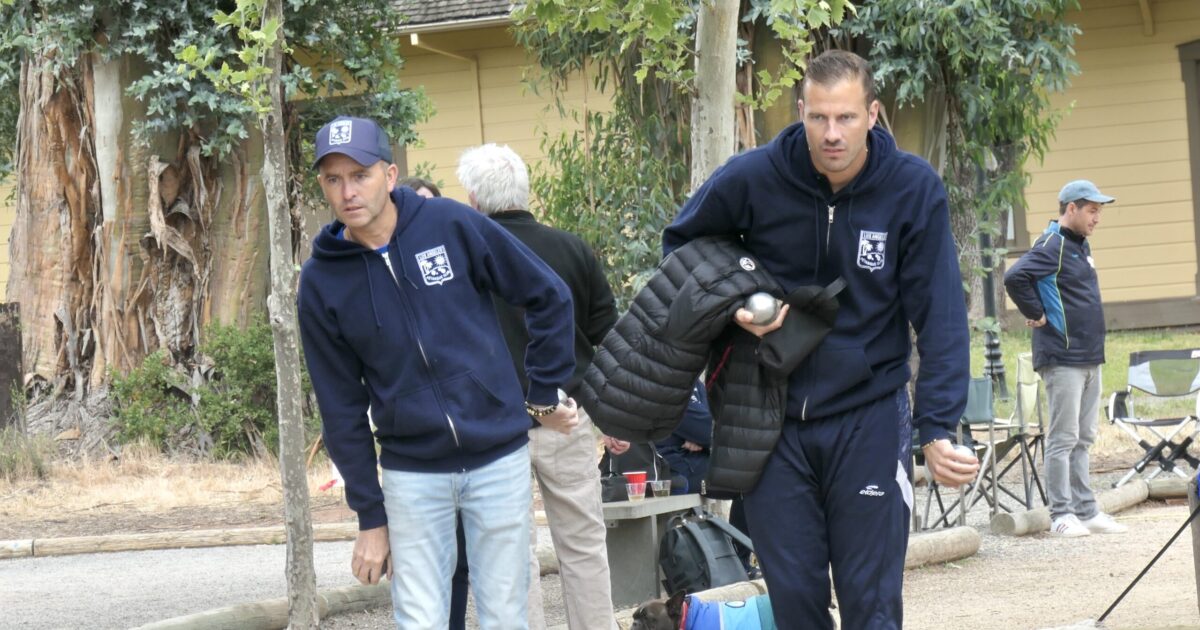 Television series often depict emergency services as highly coordinated, with competent and compassionate responders. This is a sugar-coated fairytale.
Television series often depict emergency services as highly coordinated, with competent and compassionate responders. This is a sugar-coated fairytale.
Real-life experiences can involve long wait times and responders who seem to be pretty cavalier about your welfare. This discrepancy leads to huge frustration during actual emergencies.
Emergencies are stressful and demanding, often requiring immediate and efficient response from first responders. However, the reality of emergency services can sometimes be starkly different from what is often portrayed on television.
I always thought that the responder’s first duty was to control the pain and then seek a solution to the problem. But I was wrong. They don’t seem to care about the pain. Evenings, especially Friday nights, can be particularly challenging for emergency services. The working staff disappears fairly quickly, and the care of patients is left to new or inexperienced people. This means that not all emergencies receive the prompt attention they deserve.
There are instances where first responders seem ill-prepared or unaware of the best course of action during emergencies. This lack of knowledge can lead to inefficiencies and potentially exacerbate the distress of those in need.
One of the most disheartening experiences during an emergency is encountering first responders who appear to be indifferent or even laugh during the rescue effort. Such insensitive behavior is not only unprofessional but is deeply hurtful to those who are suffering.
While many first responders are dedicated and skilled professionals, the system is far from being faultless. The challenges faced on busy nights, lack of preparedness, and occasional insensitive behavior highlight the need for improvements in training and resource allocation.
To improve the first attendants’ skills and manners, it might be a novel idea to temporarily hire television actors to teach them some acting skills. When you are in physical pain, compassionate words and actions are a must.
Bridging the gap between the dramatized portrayal of emergency services on television and the real-life experience is essential to ensure that those in need receive the timely and compassionate care they deserve.
Alain
